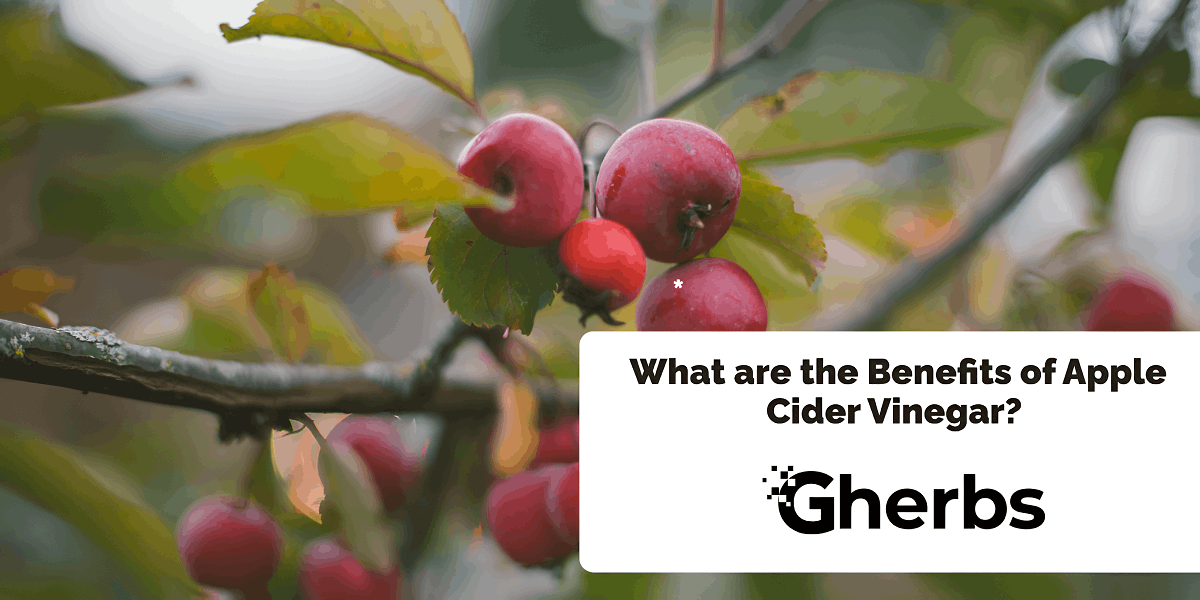A report on the nutritional status of the elderly in Hong Kong pointed out that most of the elderly who live in nursing homes, nursing facilities and a small number of elderly people living with their families suffer from malnutrition. The main reasons for the unbalanced diet of the elderly are poor appetite, difficulty in eating, or lack of knowledge about a balanced diet by themselves and their caregivers.
Common problems in eating, chewing, and bite problems commonly encountered by the elderly. Countermeasures: If you have an uneven dentition, you should seek correction from a dentist. Avoid eating foods that are too hard or difficult to chew, and try to chop or mash the food before cooking.
Too much saliva or dry mouth.
Countermeasures: Drink enough water every day, including boiling water, soup or juice. Drinking hot drinks can help dilute saliva, and avoid eating too salty or spicy food to avoid difficulty swallowing. Chopped or soft-cooked food can be swallowed without chewing or just a little bit of chewing.
Cataracts, presbyopia or poor eyesight.
Countermeasures: Keep the room well lit. Use tableware with strong color contrast to hold the food, and cut the food into small pieces the size of your index finger. Use separate dishes and put the utensils in the same place each time. Consult your doctor and optometrist to see if you need to wear glasses.
Handshake or hindered mobility
countermeasures: put the tableware on a mat that is not easy to slip, use a deep bowl and saucer, use a heavier fork, knife, bowl, saucer and cup, and use a double-ear cup. Place food and utensils on a rotatable plate. Cut the food into small pieces.
If the elderly are found to have watery eyes when swallowing, slow eating, refusal to eat, coughing or food obstruction when eating, etc., they should consult a doctor immediately.
Read Also: Eating Before and After Exercise
Solutions to poor appetite
- Eat smaller meals and add snacks (such as crackers, fruits) between meals;
- Eat less greasy food to avoid fullness;
- Maintain 6 to 8 cups of fluid per day;
- Before eating, give appetizing snacks and drinks such as lemon juice, sour plum soup, sauerkraut;
- Can temporarily abandon the original eating principles, try to give the elderly favorite food.
Ensure the safety of the elderly when eating
- Must be fully awake before and during eating.
- When eating, sit upright. If necessary, place pillows behind the shoulders of the elderly, instead of lying down and eating.
- After eating, sit up and rest for 10 to 15 minutes.
- Do not drink drinks through the drinking straw.
- Give the elderly plenty of time to eat, and family members should not urge or act impatiently.
- When eating, put the food in a lower position and tilt your head down slightly to prevent the food from entering the pipe by mistake.
- Use metal cutlery instead of plastic cutlery.
- Avoid dishes that mix different foods, such as claypot dishes, otherwise it may increase the difficulty of eating.
- Do not use liquid to forcefully flush down the food.











